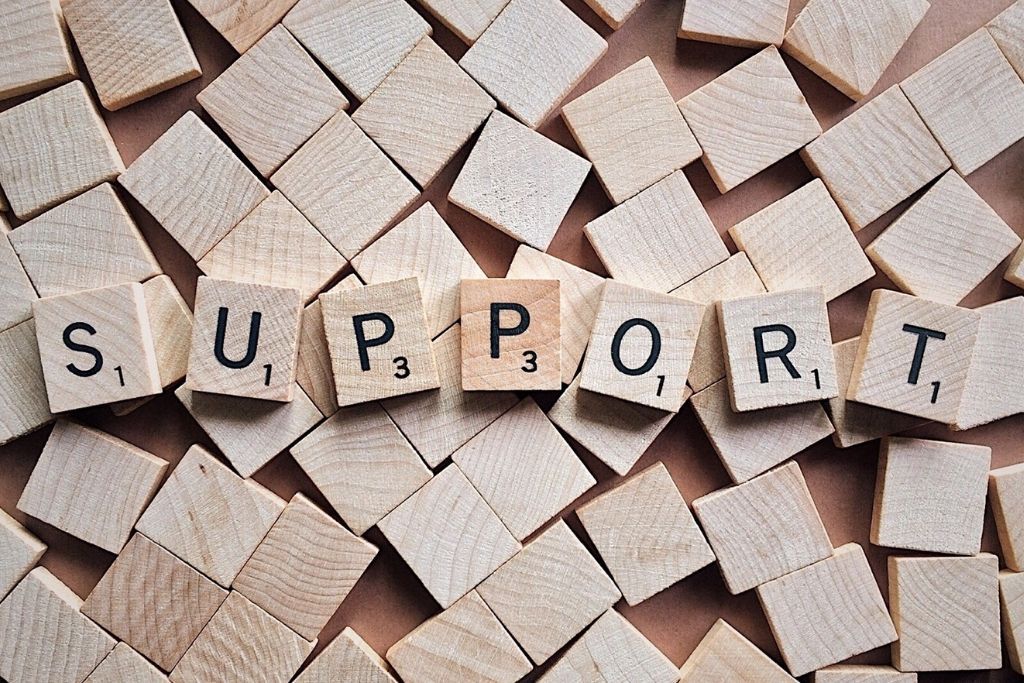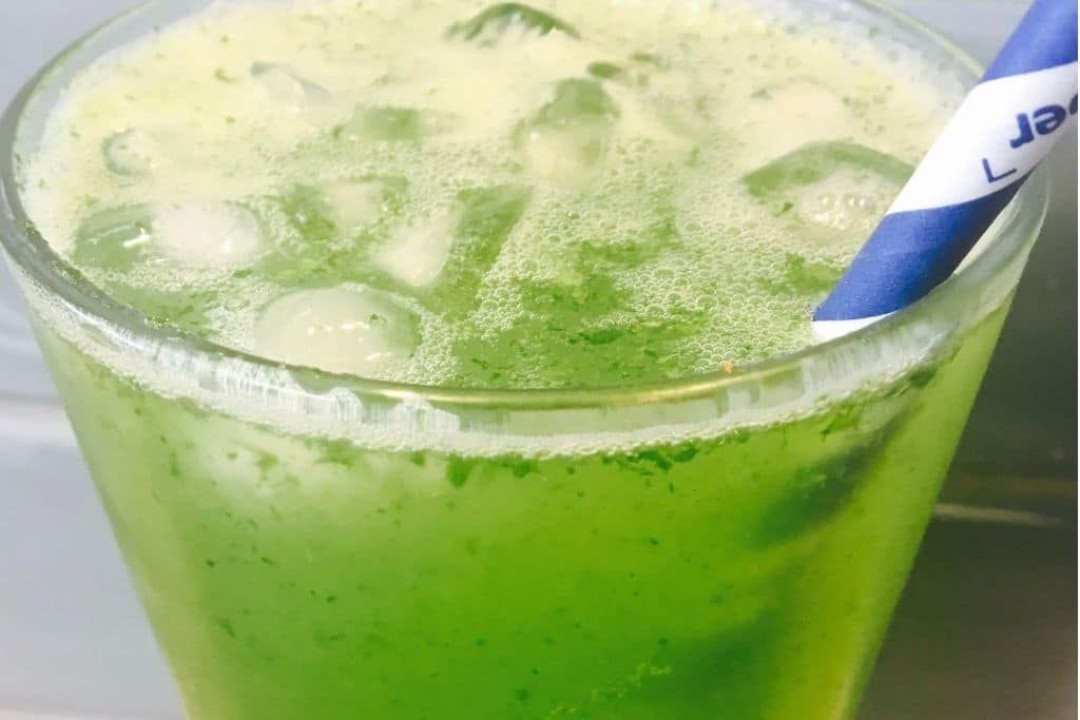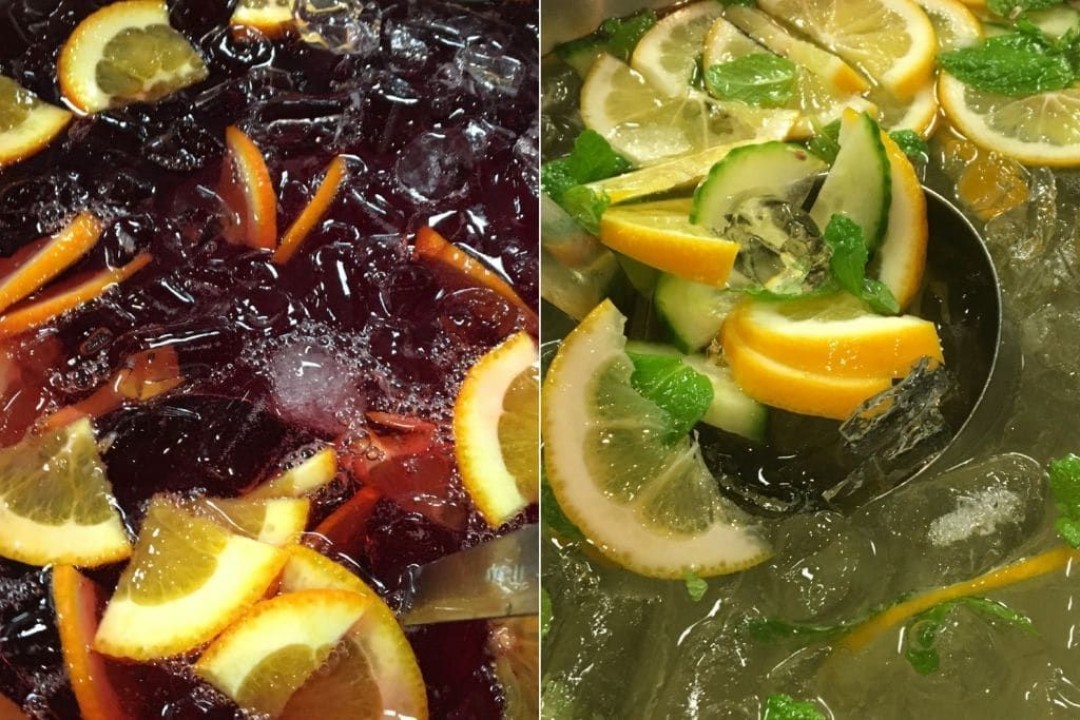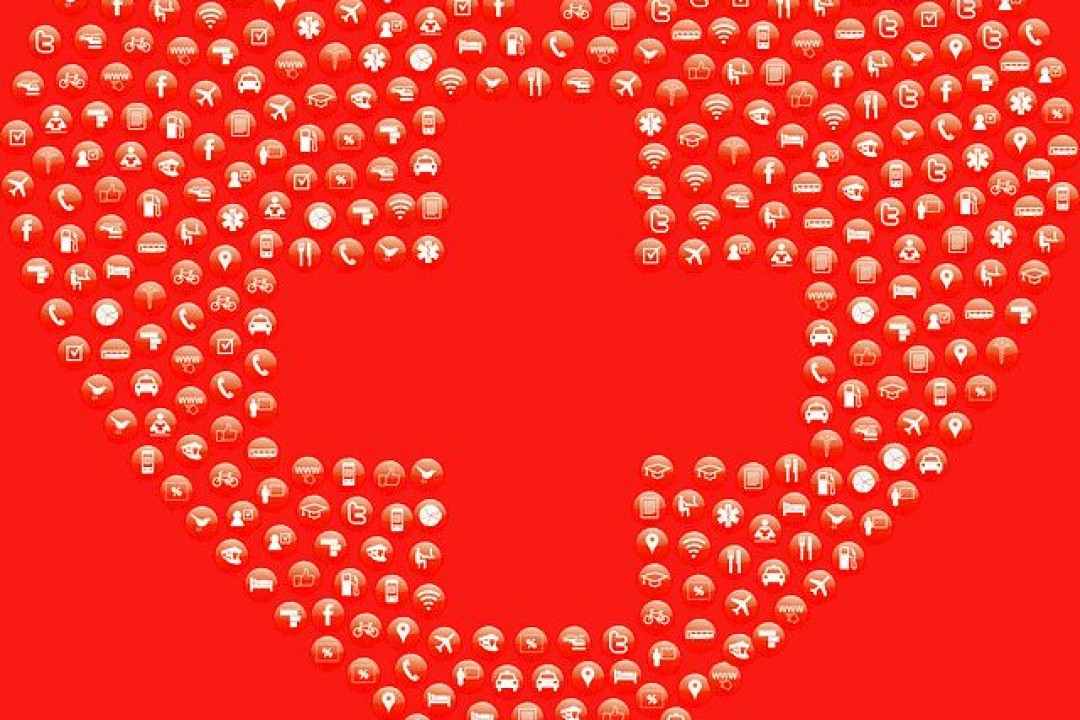Ask An Expert: Moira (Addiction Nurse Practitioner)
March 15th, 2020 Interviews

Today’s expert is Moira, an addiction nurse practitioner based in Wellington.
===========
Mrs D: What do you do?
Moira: I’m a nurse within the Capital Coast DHB addiction services. My role is around screening, assessment and offering treatment options to people who are having issues with addiction, and the mental health and physical health impacts associated with their substance use.
Mrs D: How do people access your service?
Moira: People can make contact through their GP or they can ring directly through the Wellington Hospital number (04-385 5999) or through our 24/7 contact service Te Haika. They will then talk to you about what it is you have problems with, and they’ll send you to the right services that you need. We’re one of those services.
Mrs D: What sort of people do you see a lot of?
Moira: We tend to see people who have substance use or alcohol problems at the moderate to severe end, with additional mental health or physical health problems associated with that.
Mrs D: How do you describe moderate? What does that look like?
Moira: Moderate is where it’s actually having an impact on their lives, on their mental or physical health. They’re recognising it’s a problem or other people around them are recognising it. They’re needing time off work, are unable to stop on their own or keep returning to the substance use despite having tried to stop many times.
Mrs D: What does severe look like?
Moira: The severe end of it is when it’s having a real impact on your ability to maintain your daily activities and life. Spending more time drinking and recovering from drinking. Not managing to do what you used to be able to do at home or work. Giving up important occasions so you can drink. Keeping on drinking despite the harm and danger. Developing withdrawal symptoms that are relieved by drinking more. Sometimes it’s about the loss of family, the loss of all connections. You often hear people calling it ‘rock bottom’.
Mrs D: In a very general sense, what do you do to help people?
Moira: We do a comprehensive assessment to find out where they are and how they got there. Then we then take aspects of that and work with the person to help them make sense of what their current situation looks like. Then we work out a plan with them as to how they want to move forward into a more recovery-type space. This may take many attempts, but what it does is gives the person a little bit of insight into how they have got to where they are.
Mrs D: How important is it that the person has some willingness to change?
Moira: For people to be able to have treatment they have to have some willingness to change because they’re not compelled to do so. They’re there of their own volition. It’s voluntary, so we’re working with people who are asking for help and support.
Mrs D: Through all your years of experience, and you’ve no doubt helped thousands of people over the years, are there any key things that you see are very helpful in helping people turn their lives around?
Moira: Connection is a huge one, support of family or other people. And that’s family who are those people that you see being close to you, not necessarily blood relations. People with good connections tend to do much better than people who have lost all of those connections.
Mrs D: Do you feel like there’s hope for everyone?
Moira: People have to hold onto hope that things will get better for themselves, even if right now isn’t that time, there should always be hope that something will click one day and make a difference. I have seen some incredible transformations. Sometimes the click point can be as little as actually someone identifying for them first off that they think that they do have a problem.
Mrs D: We can feel quite isolated when we’re heavily addicted, and it can be really scary to reach out for help.
Moira: Just make that call or find that one person to listen and support you. That can be anybody in the community or anyone that you feel can walk alongside you and help support you to make that first call for help. GPs, family members or friends, colleagues.. just someone that you feel will actually listen and help support you to make the calls that you need to make.
Mrs D: Is there anything else that you’d like to add?
Moira: Services like ours are available through DHBs right around New Zealand. Just call your local hopsital and ask to be put through to their addiction service.
Mrs D: That’s a really good point to make, that there are lovely, trained people like yourself right around our country just waiting to help people.
Moira: Also, this site, Living Sober, is wonderful and it’s sites like this that give people the ability to log on with no expectation .. just to find information and see that there are other people out there who are struggling. And to hear from other people who have made decisions which in the end have helped them moved forward in reaching their goal of sobriety. But sometimes people need more help and there’s no shame in asking for that. We’re just waiting to help you.
Continue reading
A Powerful Eulogy
A lovely man who worked in the addiction sector here in New Zealand passed away recently.
February 14, 2016
Preston's Potion
I got this recipe from a cute 80s mocktail book my sister-in-law gave me.
June 14, 2019
Party Punches
These two non-alcoholic punches were on offer at a cocktail party I went to last weekend, and they were delicious!
July 4, 2019
Sober First Aid Kit
This ‘Sober First Aid Kit’ concept comes from my lovely friend @suek, and it’s brilliant.
December 2, 2018


